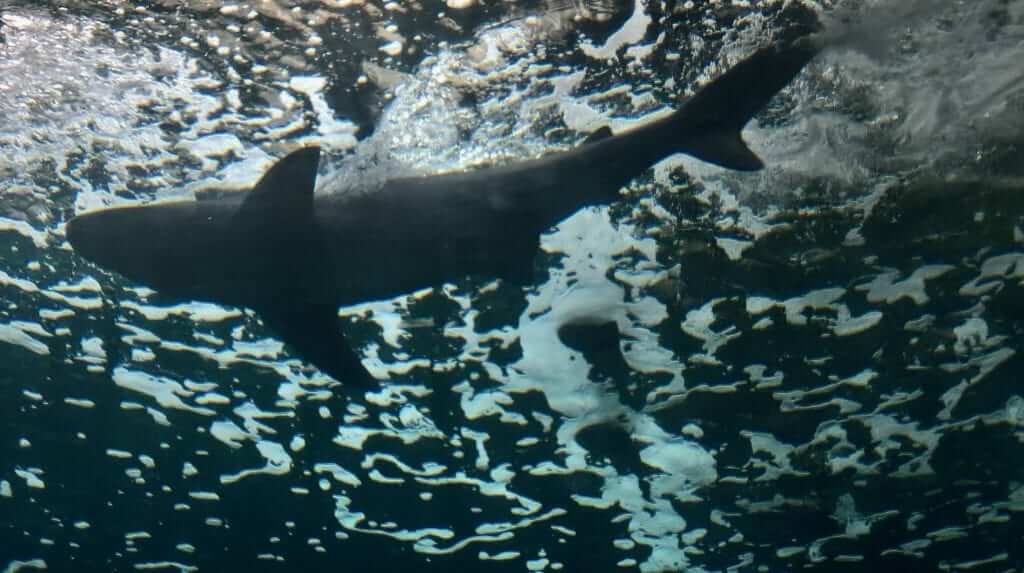
In a massive global study of the world’s reefs, scientists have found that sharks are now ‘functionally extinct’.
In the study published in the journal Nature, the research team from James Cook University (JCU) in Australia surveyed 371 reefs in 58 countries. Shockingly, they found that sharks were rarely seen on close to 20 per cent of those reefs.
“This doesn’t mean there are never any sharks on these reefs, but what it does mean is that they are ‘functionally extinct’. They are not playing their normal role in the ecosystem,” said Colin Simpfendorfer, researcher from the JCU study.

The research team said it was encouraging that Australia was among the best nations at protecting shark populations and ensuring they played their proper role in the environment. It was one of the nations that reflected key attributes associated with high populations of sharks: well-governed, banning shark fishing, or having strong, science-based management.
The findings showed that almost no sharks were detected on any of the 69 reefs in the Dominican Republic, the French West Indies, Kenya, Vietnam, the Windward Dutch Antilles, and Qatar.
“In these countries, only three sharks were observed during more than 800 survey hours,” said Simpfendorfer.
The research indicates that the central problem lies in the intersection of high human population densities, destructive fishing practices, and poor governance.

“We found that robust shark populations can exist alongside people when those people have the will, the means, and a plan to take conservation action,” said Dr Demian Chapman from the Florida International University who is a co-author in the study.
The researchers hope to use this data to guide meaningful, long-term conservation plans to protect the reef sharks that remain.
READ ALSO: India’s 1st dolphin research centre to come up after 8-year delay



